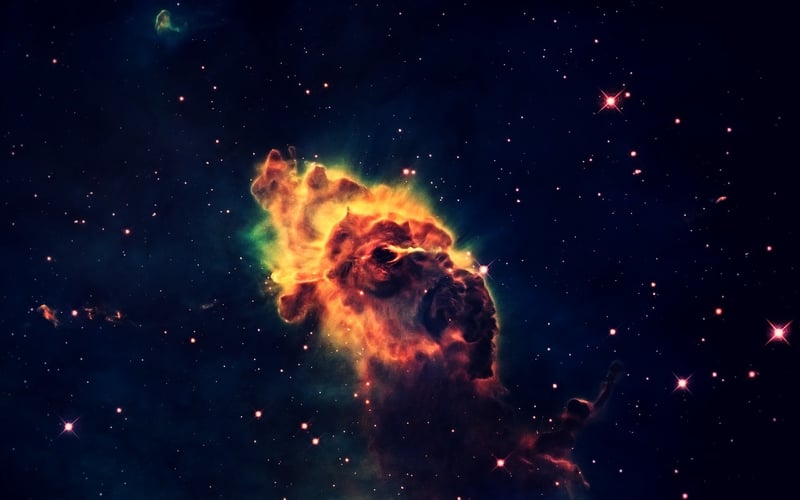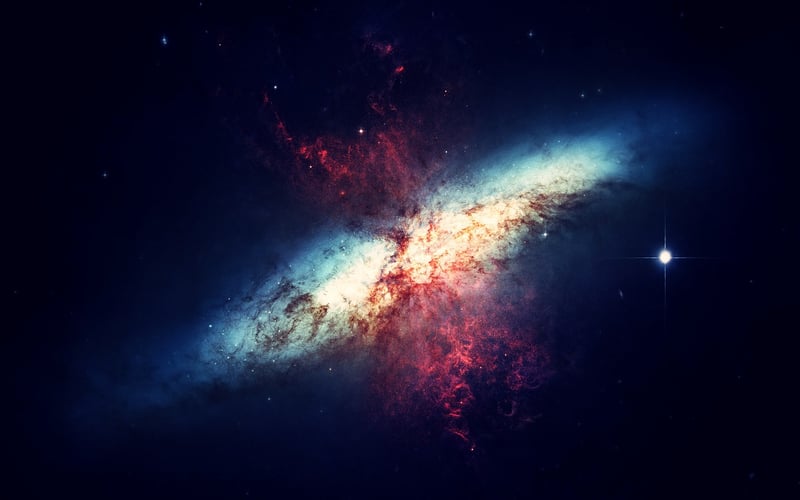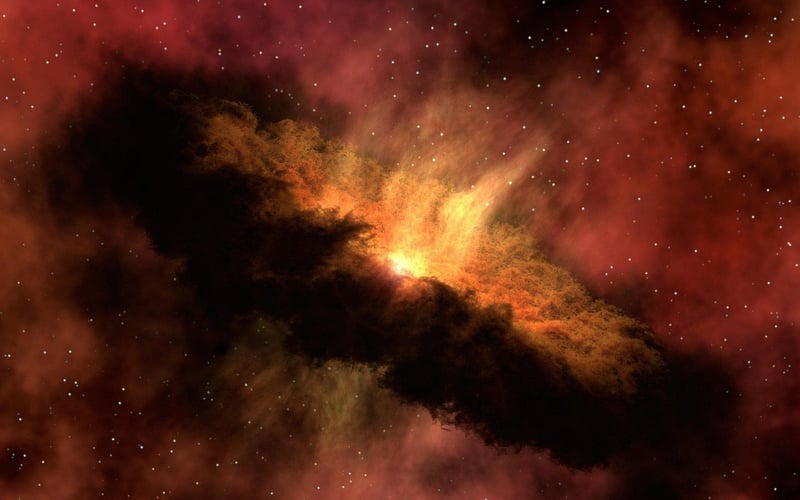Cosmic Expansion Theories
Unveiling the Universe: Cosmic Expansion Theories
Welcome to the fascinating world of cosmic expansion theories! The universe, with its vast expanse and countless mysteries, has captivated humanity for centuries. In this article, we will delve into the concept of cosmic expansion and explore some of the leading theories that seek to explain this awe-inspiring phenomenon.
The Big Bang Theory
One of the most widely accepted theories explaining the origin and expansion of the universe is the Big Bang Theory. According to this theory, the universe began as a singularity - a point of infinite density and temperature - around 13.8 billion years ago. In a rapid and violent event known as the Big Bang, the universe started expanding and has been doing so ever since.

Dark Energy and Cosmic Acceleration
Recent observations have revealed that not only is the universe expanding, but its expansion is accelerating. This accelerated expansion is attributed to a mysterious force known as dark energy. Dark energy is thought to constitute about 68% of the total energy content of the universe and is believed to be responsible for the cosmic acceleration we observe today.

Inflationary Theory
The Inflationary Theory proposes that in the first moments after the Big Bang, the universe underwent a rapid and exponential expansion. This period of inflation helps explain the uniformity and flatness of the universe on large scales. It also provides a solution to several long-standing problems in cosmology, such as the horizon problem and the flatness problem.
Multiverse Hypothesis
Some theories suggest the existence of a multiverse - a vast ensemble of universes, each with its own unique properties. In this view, our universe is just one of many in a larger "multiverse." The multiverse hypothesis is a speculative idea that arises from certain interpretations of quantum mechanics and string theory.

Conclusion
As we continue to unravel the mysteries of the universe, cosmic expansion remains a central focus of cosmological research. The Big Bang Theory, dark energy, inflationary theory, and the multiverse hypothesis are just a few of the concepts that scientists are exploring to understand the origins and evolution of our cosmos. Each theory offers unique insights and raises new questions, fueling our curiosity about the nature of the universe.
So, next time you gaze up at the night sky, remember that you are looking at a universe in constant motion, expanding and evolving in ways we are only beginning to comprehend.
